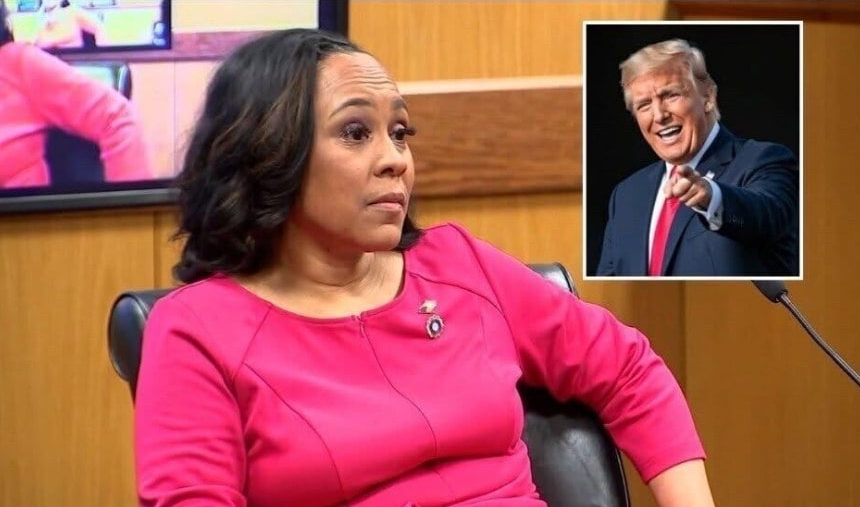
Fulton County District Attorney Fani Willis has recently been ordered by a court to pay more than $54,000 in legal fees after being found in violation of Georgia’s Open Records Act. The case centers around Willis’ failure to provide requested documents to attorney Ashleigh Merchant, who represents Michael Roman, one of the co-defendants involved in the high-profile Trump election-related case. The legal dispute highlights ongoing tensions between government transparency requirements and prosecutorial discretion, bringing renewed attention to Willis’ handling of sensitive records and public requests.
A judge overseeing the matter did not mince words in their assessment of Willis’ office. The ruling criticized the District Attorney’s team for exhibiting what was described as “open hostility” toward the attorney requesting the records, as well as a “lack of good faith” in their attempts—or lack thereof—to comply with the Open Records Act. According to the court, the office’s behavior went beyond mere bureaucratic oversight and instead reflected a deliberate unwillingness to follow the statutory requirements for public transparency.
The consequences for Willis extend beyond the payment of fees. This ruling comes at a time when her professional conduct is already under increased scrutiny, particularly in connection with the Trump election investigation. Earlier, Willis faced a significant setback when a judge disqualified her from participating in the Trump case due to a previously undisclosed relationship with a special prosecutor involved in the matter. This disqualification raised questions about potential conflicts of interest, impartiality, and procedural fairness in high-stakes legal proceedings.
In response to the disqualification, Willis has filed an appeal with the Georgia Supreme Court, seeking to overturn the ruling and restore her authority to participate in the investigation. The appeal itself has become a focal point in the ongoing public discussion surrounding accountability and ethical standards within the legal system. Observers note that the combination of the Open Records Act violation and the conflict-of-interest concerns could have lasting implications for Willis’ career and the broader perception of the prosecutorial office in Fulton County.
Legal analysts suggest that this situation serves as a cautionary tale for government officials handling sensitive information, particularly in politically charged investigations. Failure to comply with transparency laws, especially when paired with perceived conflicts of interest, can undermine public trust and expose officials to both financial penalties and professional criticism. Meanwhile, the case continues to unfold as the Georgia Supreme Court considers Willis’ appeal, leaving the future of her role in the Trump-related investigation uncertain.



